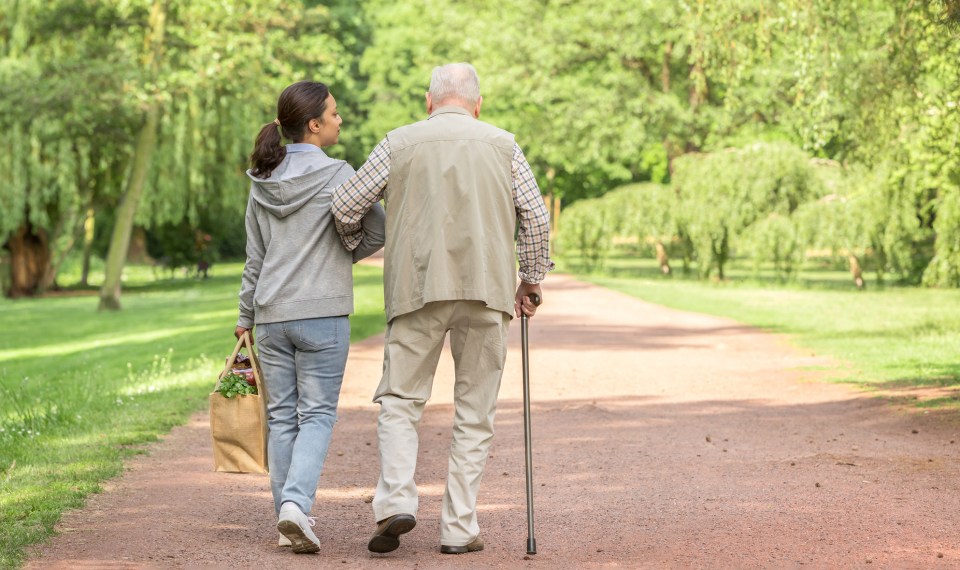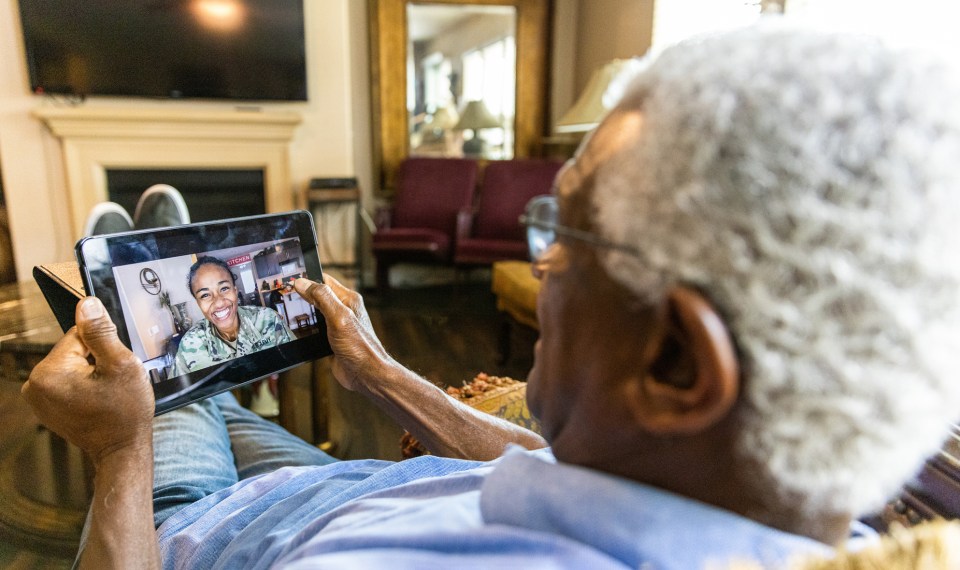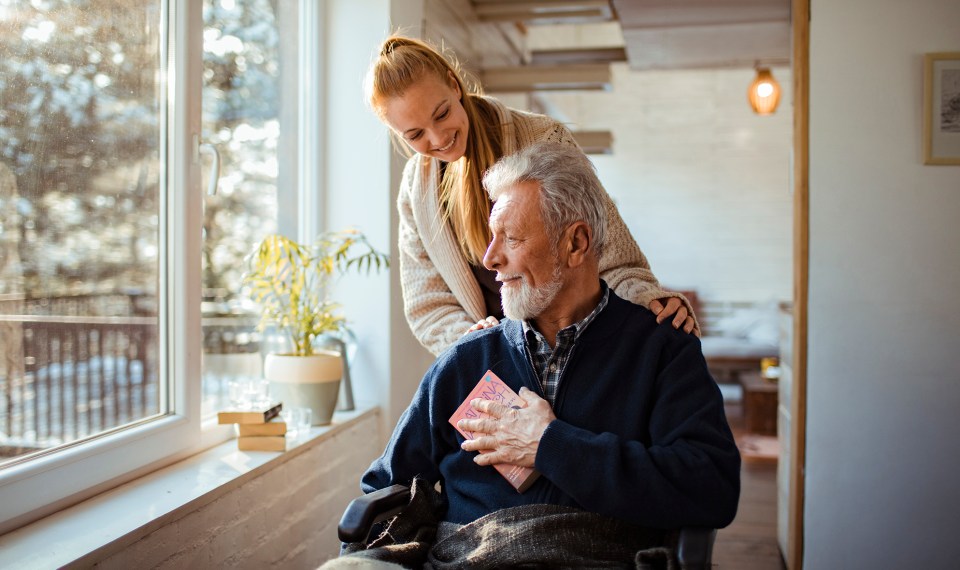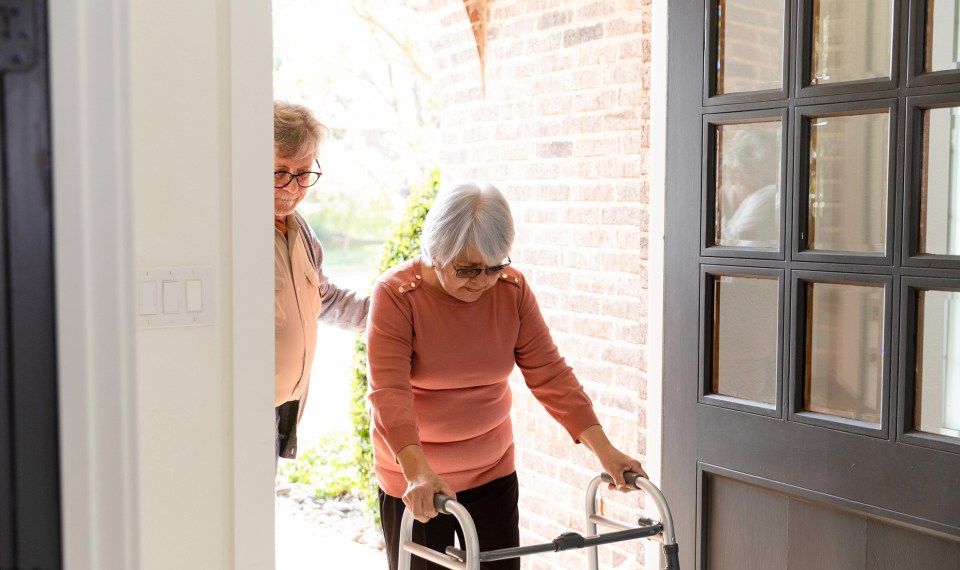Although caregiving can be a rewarding and gratifying experience, it is a tough job. Juggling all those duties is stressful and hard to keep up with. Utilizing a caregiver checklist is a great way to reduce stress, increase efficiency and make sure important tasks aren’t overlooked. A checklist also allows you to prepare for your day and be certain you have all the supplies you need on hand.
Creating a Caregiver Checklist
The best way to develop a checklist is to identify your essential caregiving tasks. These vary from person to person but may include:
- Medications. Managing medications requires learning about the various medications and why they are needed. Organize medicines in one place and devise a system for administering them. Daily or weekly pill organizers are a handy tool, and some have compartments that allow you to prepare dosages for morning, evening or midday medications. Use an alarm or reminder for medications given at in-between times. Keep an eye on expiration dates and consider developing a chart to track medications given on an as needed basis.
- Personal care. Hygiene is important, and poor personal care can lead to other health risks. Outline tasks that need to be performed such as bathing or showering, nail care and oral care for your loved one. Consider which tasks require assistance. Schedule regular times for bathing and other hygiene needs.
- Toileting needs. Is assistance needed with going to the bathroom? Perhaps there is a urinary catheter or colostomy bag that requires emptying. If incontinence is an issue, plan to stock plenty of disposable underwear, feminine pads and extra bedding or clothing. Factor this into your daily caregiver chart.
- Nutrition. Good nutrition is vital to good health. Focus on their needs such as meal preparation, shopping, assistance with feeding and monitoring fluid intake. Some may require blood sugar checks.
- Mobility needs. Consider the mobility level of your loved one when developing your checklist. Those who are ambulatory may need assistance with walking. If they are bedridden, they may require position changes every two hours. If the care recipient is in a wheelchair, they may require assistance transferring into and out of the chair.
- Physical activity. Regular physical activity is beneficial to both body and mind. It helps build a healthy immune system, enhances sleep quality, boosts heart health, reduces anxiety and increases stamina. Schedule time for walks and prescribed exercise. Encourage participation in a hobby such as gardening.
- Companionship. In addition to physical care, seniors and home bound care recipients can benefit from simply spending time with others. Finding time for social activities can lift spirits and boost mental health. Depending on the activity level of the person you are caring for, consider scheduling time for a meal out, attend an event, read aloud, play a card game or do other activities that hold an interest for the individual.
- Coordinating care. If you share caregiving responsibilities, it is important to know what duty each person is responsible for and how the tasks are divided.
Caregiver Checklist
Download this caregiver checklist to help you keep track of responsibilities and ensure you have the help you need.
Download the WorksheetCaregiving by the Numbers
Caregiving is a stressful job and over time it can lead to emotional, mental and physical exhaustion. Taking care of yourself is not something you can put off—it is necessary for your own health. The Centers for Disease Control and Prevention consider caregiving for family and friends to be a public health issue. The following statistics were collected by the CDC:
- One in four women and one in five men are caregivers
- Over 17 percent of caregivers reported experiencing 14 or more physically unhealthy days in the past month
- Nearly 37 percent of caregivers reported getting insufficient sleep
- Thirty-three percent of caregivers reported having a disability
- Twenty percent of adults aged 45-64 years who do not currently provide care to someone expect to do so in the future
Taking Care of the Caregiver
Caring for a loved one is rewarding, but the ongoing demands can eventually sap your energy and your health. The following tips may be helpful when you’re feeling overwhelmed:
- Ask for help. Often others want to help, but it isn’t always easy to ask. Break down big jobs into simpler tasks and ask others to pitch in.
- Prioritize sleep. Develop a sleep routine and stick to it. Go to sleep and get up at the same time each day and aim for at least seven hours of sleep every night.
- Take time to relax. Do something you enjoy at least once a week. Read a book, watch a TV show or spend time on a hobby.
- Focus on your own health. Keep regular doctor’s appointments and let your provider know you’re a caregiver.
- Give yourself a break. Hire help for a few hours a week or ask friends or family to assist.
By addressing your own needs, you will be better able to meet those of your loved one. And remember, you don’t have to be perfect. Just do the best you can.
The content of this site is for informational purposes only and should not be taken as professional medical advice. Always seek the advice of your physician or other qualified healthcare provider with any questions you may have regarding any medical conditions or treatments.



